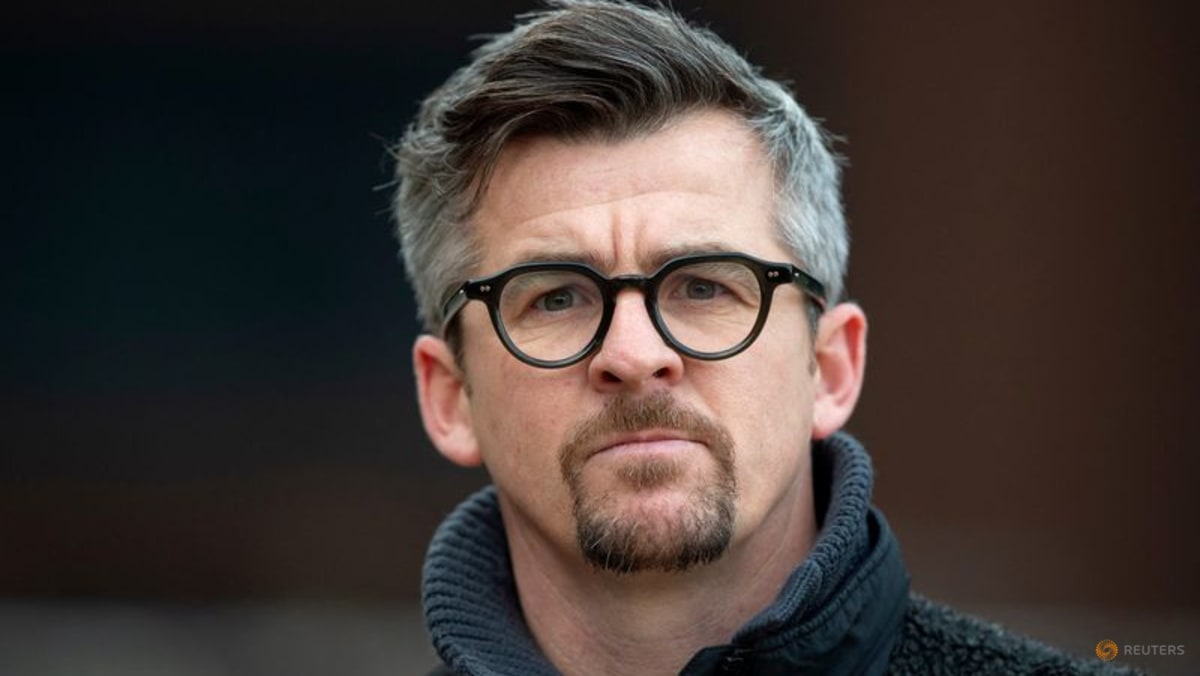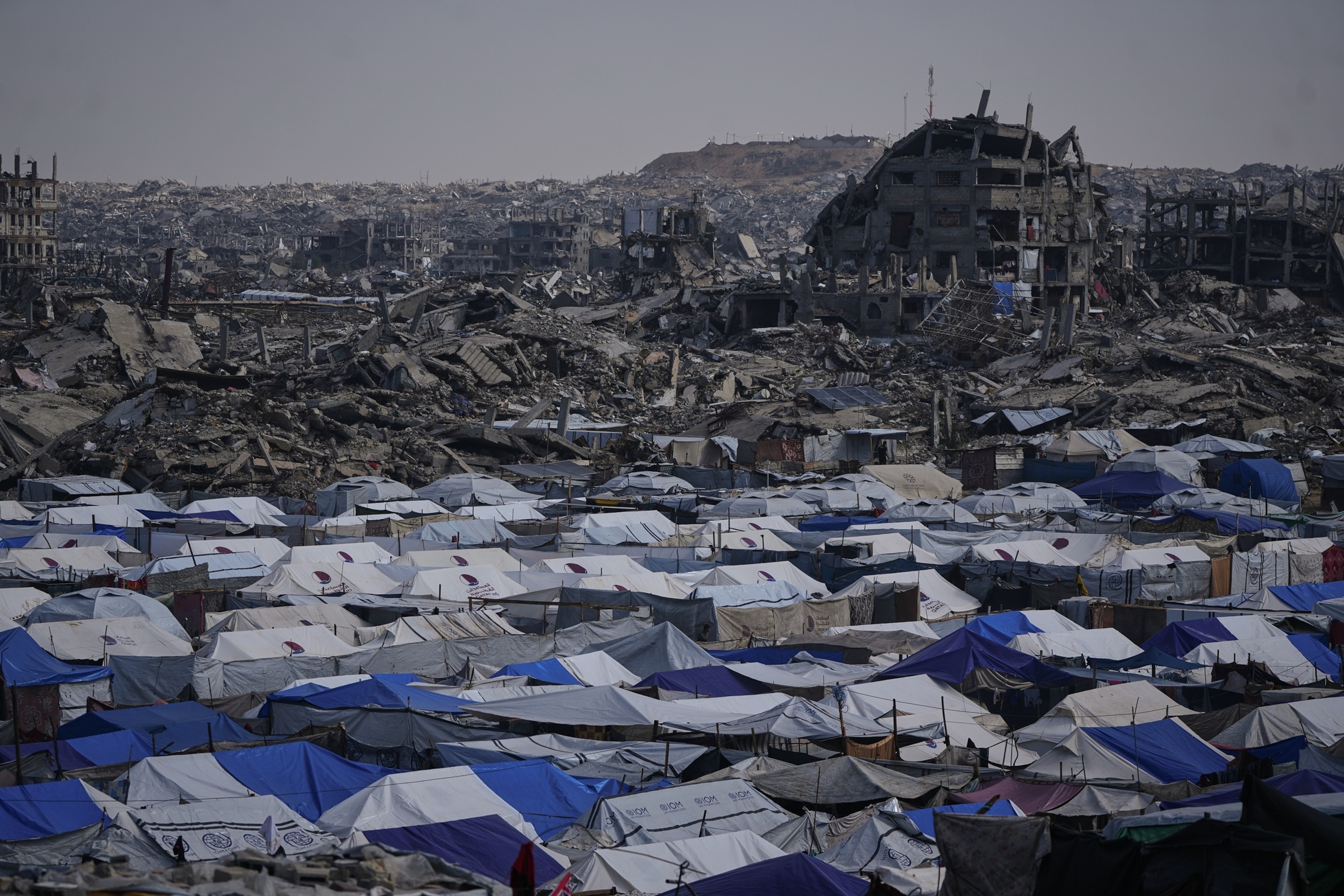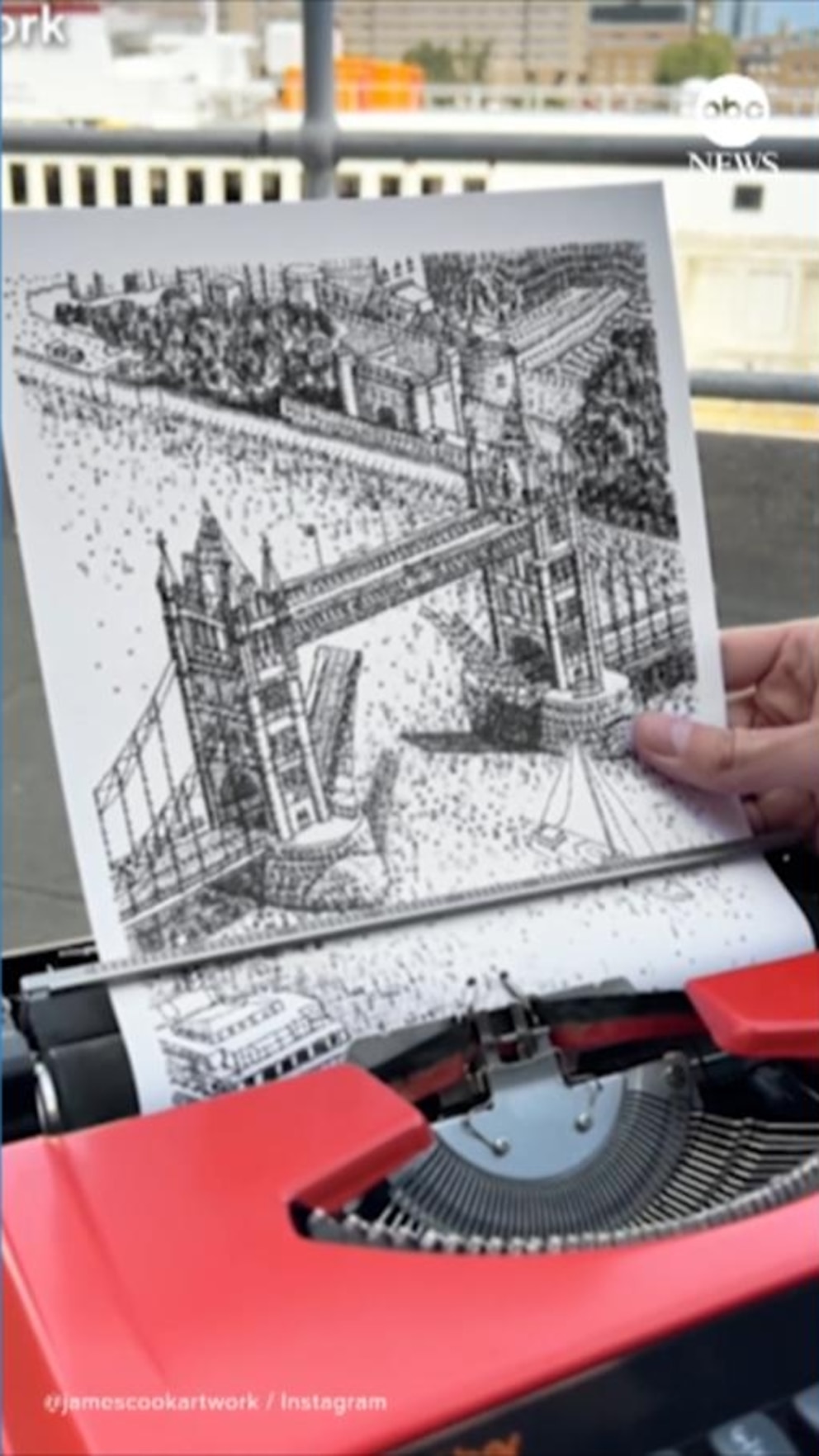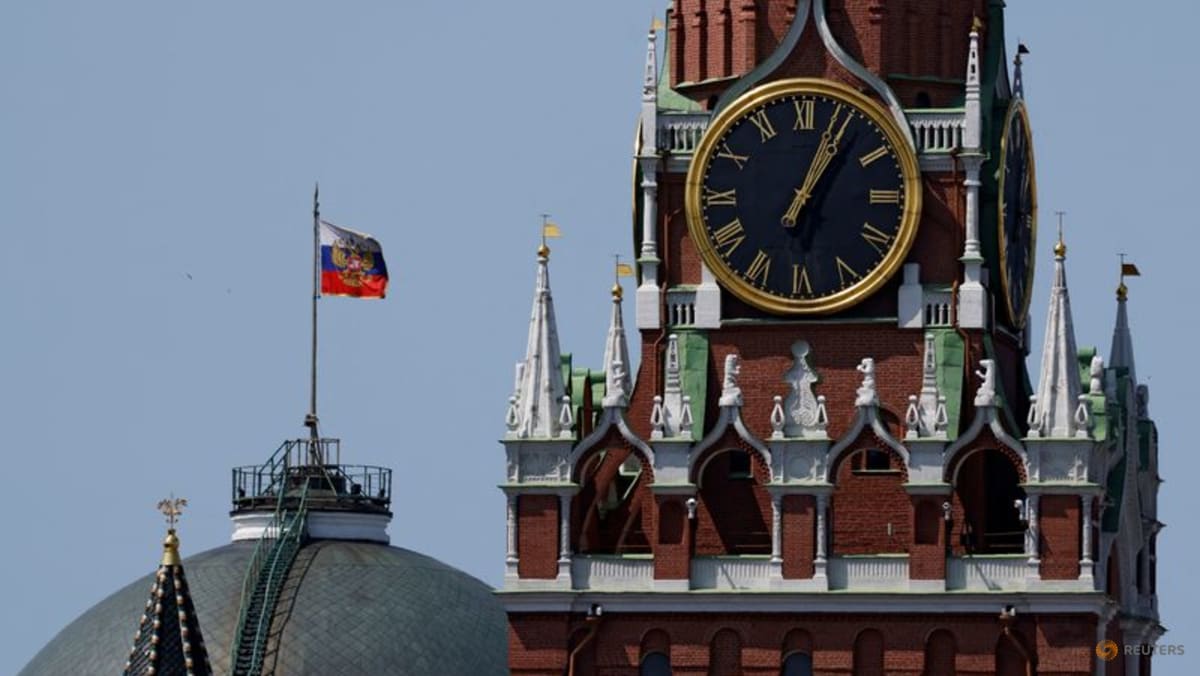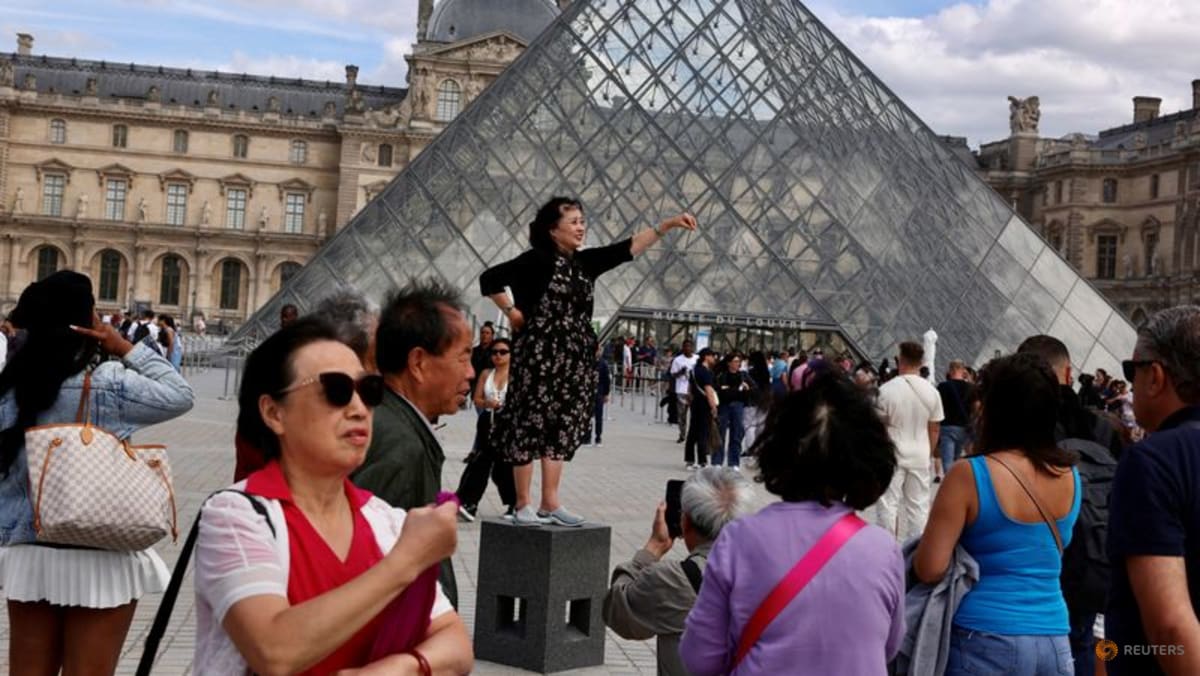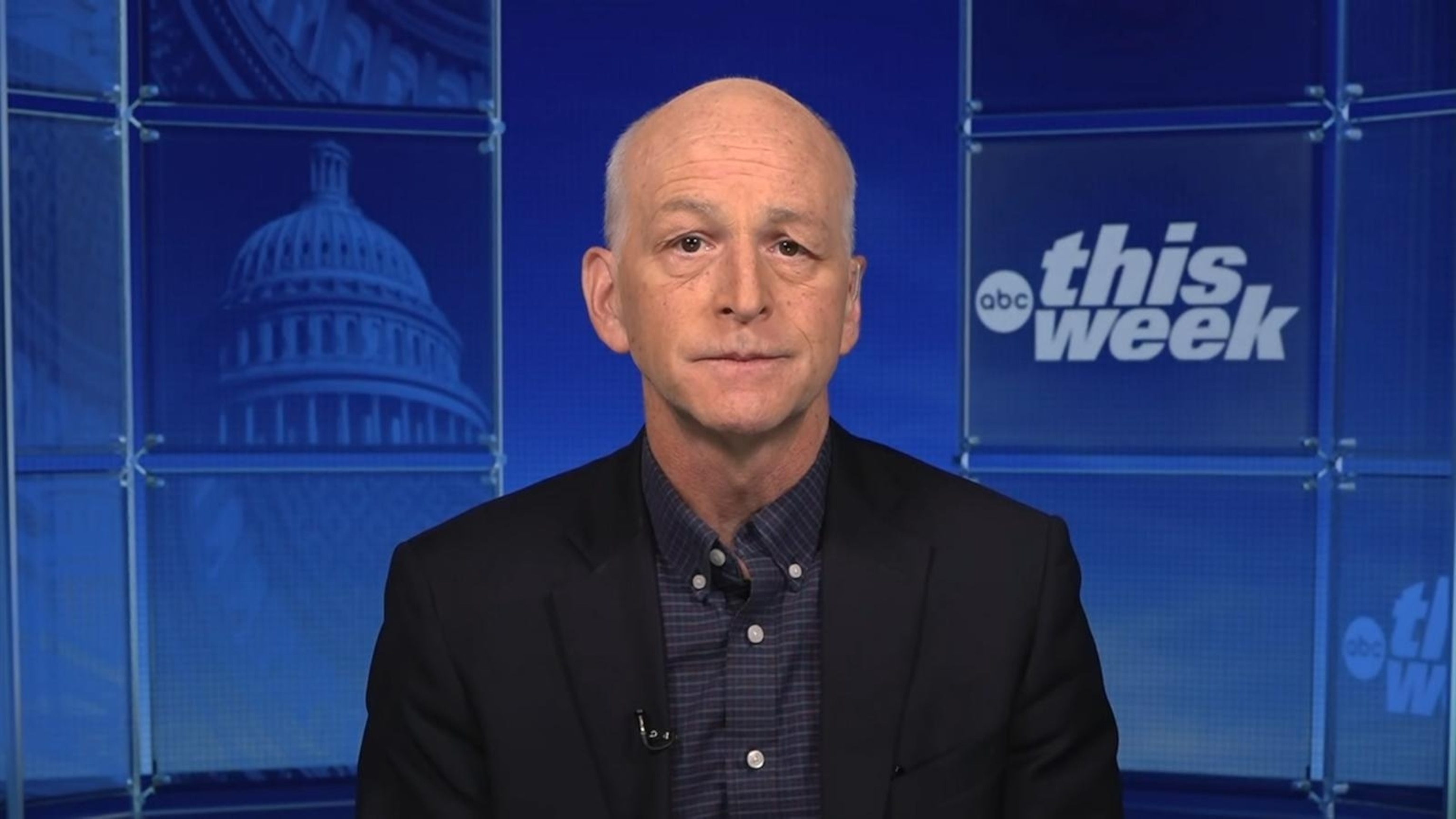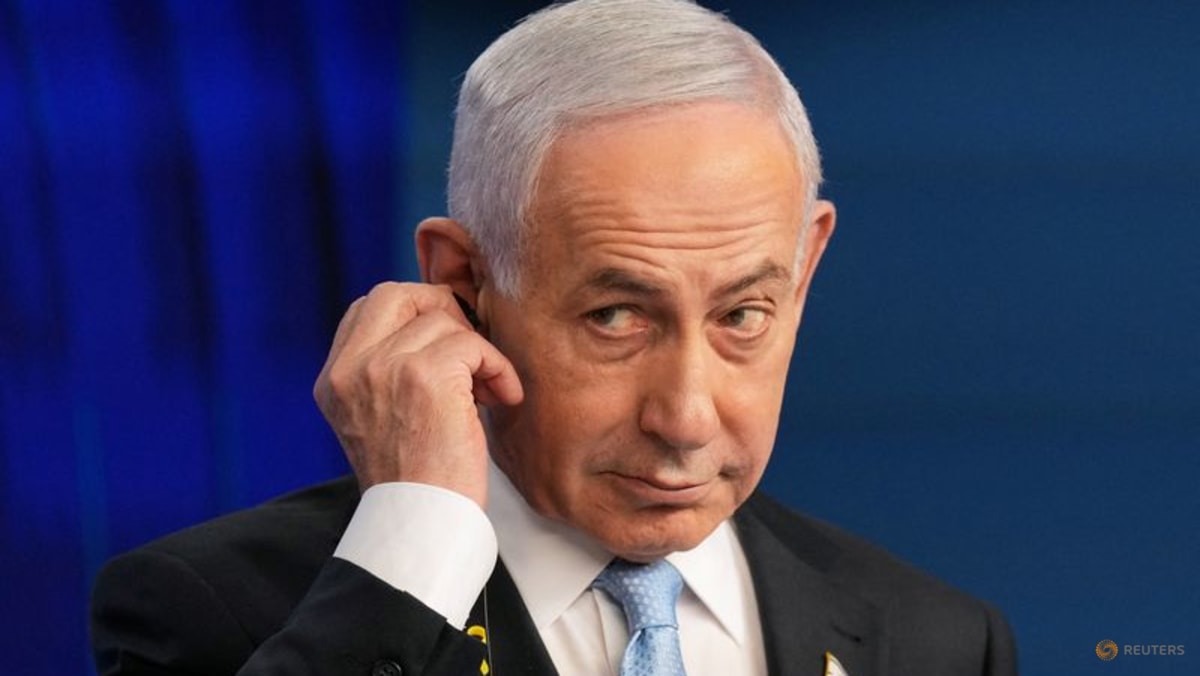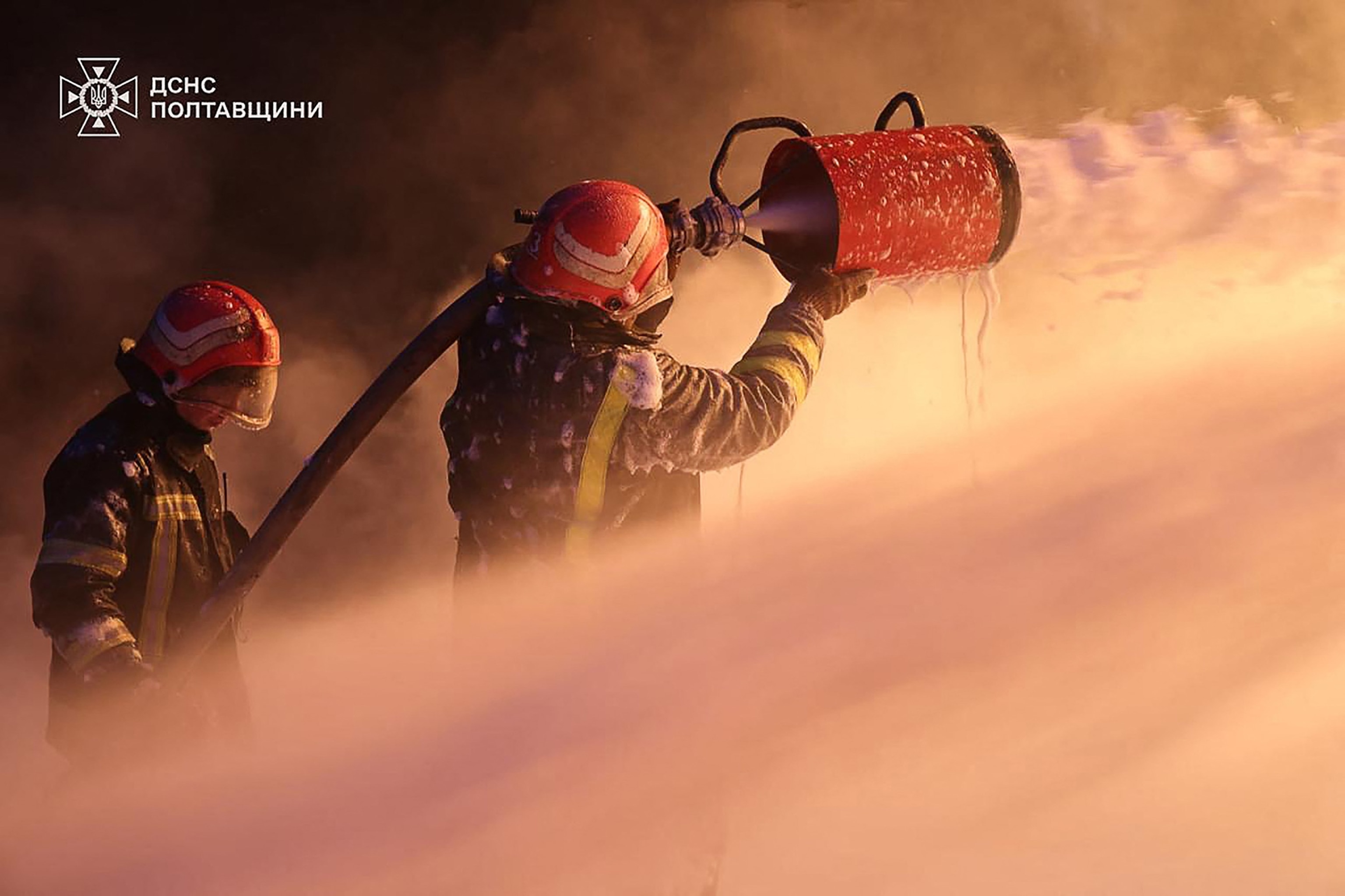Brussels recommends opening EU membership talks with Bosnia

STRASBOURG: EU chief Ursula von der Leyen said on Tuesday (Mar 12) Brussels was recommending member states open formal membership talks with Bosnia, in the latest move towards expanding the bloc in the wake of Russia’s invasion of Ukraine.
Moscow’s war on its neighbour has reinvigorated the EU’s drive to enlarge in eastern and central Europe, with its 27 current member states agreeing in December to start talks on joining with Ukraine and Moldova.
Balkan country Bosnia has been an official candidate for membership since 2022 but needed to implement a string of major reforms before getting the green light on negotiations with the EU.
Von der Leyen told the European Parliament that Bosnia “is showing that it can deliver on its membership criteria, and on its citizens’ aspiration to be part of our family”.
“This is the reason that we will decide to recommend to the Council to open accession negotiations with Bosnia and Herzegovina.”
The EU executive was to formally present its latest report on Bosnia’s progress later on Tuesday, ahead of an EU leaders’ summit next week seen as the last chance for Bosnia to open negotiations before June’s European elections.
All 27 member states will have to agree to the move before negotiations can be launched.
Bosnia’s regional neighbours North Macedonia, Montenegro, Serbia and Albania are already ahead in their efforts to join.
While cautioning that “more progress is necessary to join our union,” von der Leyen said that “Bosnia and Herzegovina has taken impressive steps towards us.”
“More progress has been achieved in just over a year than in over a decade,” von der Leyen told lawmakers in Strasbourg.
She said Bosnia was now “fully aligned” with the EU’s foreign and security policy, was improving its management of migration flows, and adopting laws to combat both money laundering and terrorist financing.
RUSSIAN “INFILTRATION”
She welcomed its agreement to include in domestic criminal records the judgements of the International Criminal Tribunal for the former Yugoslavia.
And she also noted further steps towards dialogue and reconciliation in the wake of the country’s 1992-1995 war, with the creation of a new peace-building committee.
“The message coming from Bosnia and Herzegovina is clear,” said von der Leyen. “So our message must be clear too. The future of Bosnia and Herzegovina lies in our union.”
Starting the talks is just the beginning of a long process of reforms usually lasting years before a country finally joins the EU.
The drive for new members is part of an effort to push back against Russian and Chinese influence in the EU’s backyard.
German Foreign Minister Annalena Baerbock warned last week that delaying EU accession for the countries of the Western Balkans risked leaving them open to Russian “infiltration”.
Russia has maintained a close relationship with Bosnian Serb leader Milorad Dodik.
Dodik, who received one of Russia’s highest honours from President Vladimir Putin last month, has challenged Bosnia’s post-war ruling structure over the past several months.
Dodik on social media welcomed the announcement by von der Leyen but said that it did not mean much without a firm date on when negotiations would actually start.
He wrote that for Bosnian Serbs “the European path is important because it represents the achievement of a major national goal for Serbs – that of living in an economic and political area without borders”, namely with neighbouring Serbia.
The prime minister of the country’s Bosnian-Croat entity, Nermin Niksic, told local media that “there is still a lot of work” ahead of Bosnia on its road towards the EU.
“But we have opened the main door to the EU and there is no turning back,” he said.
Source: CNA


